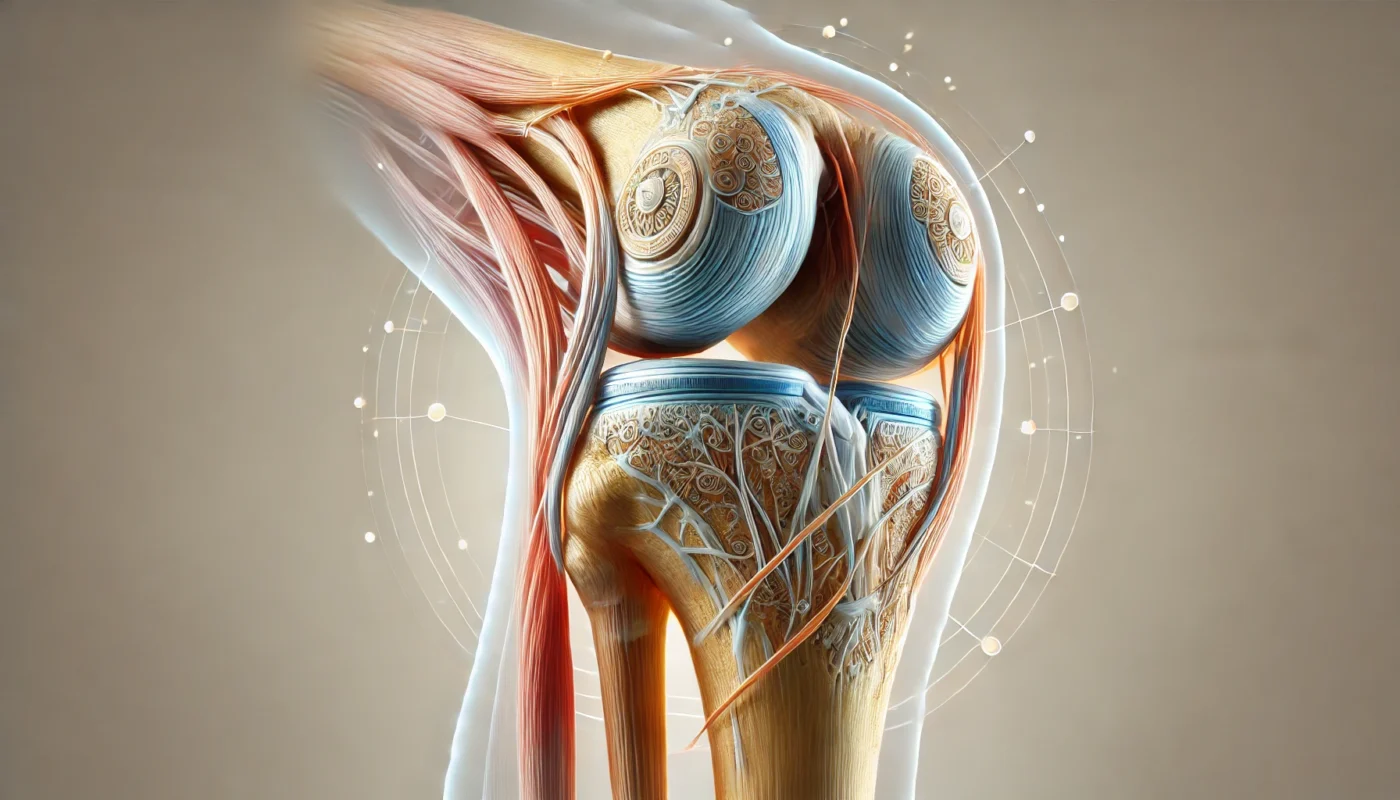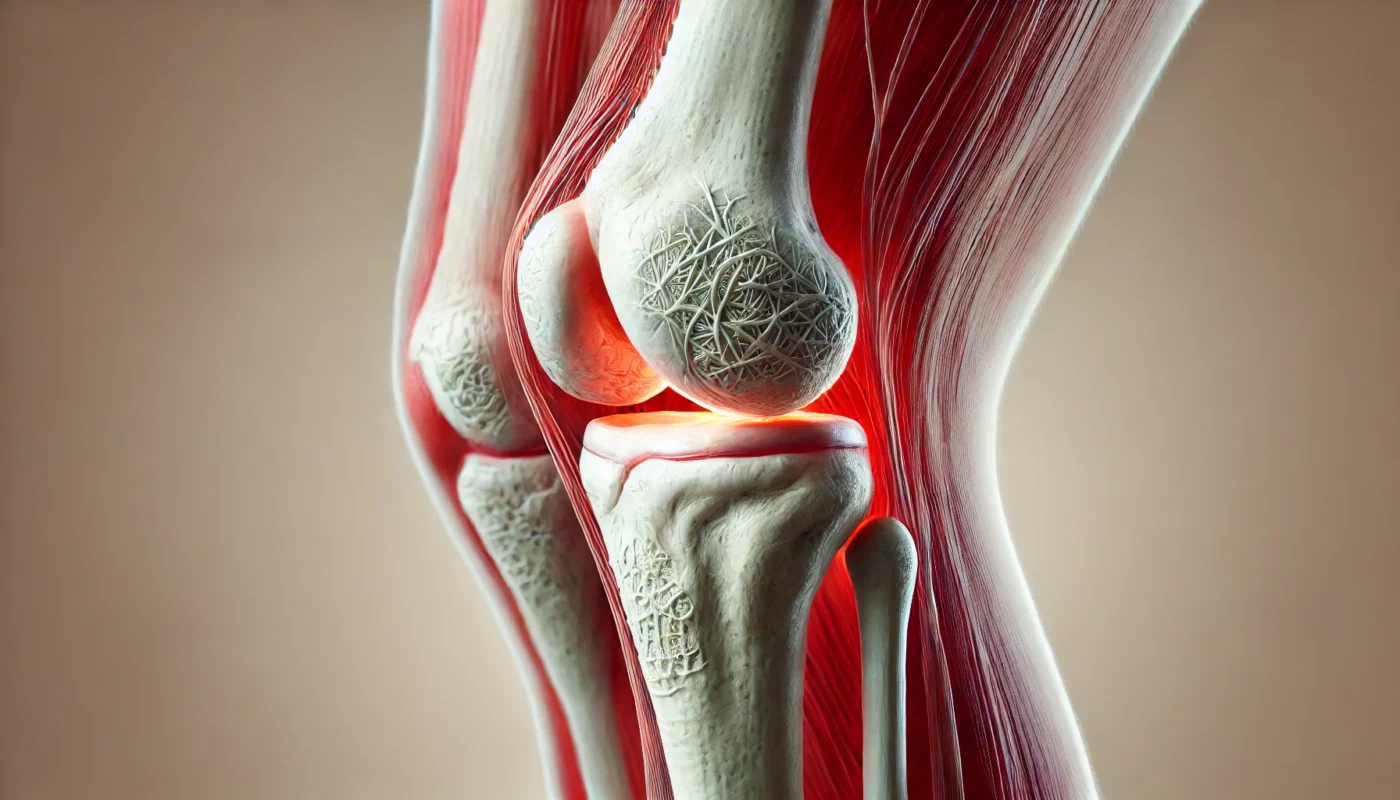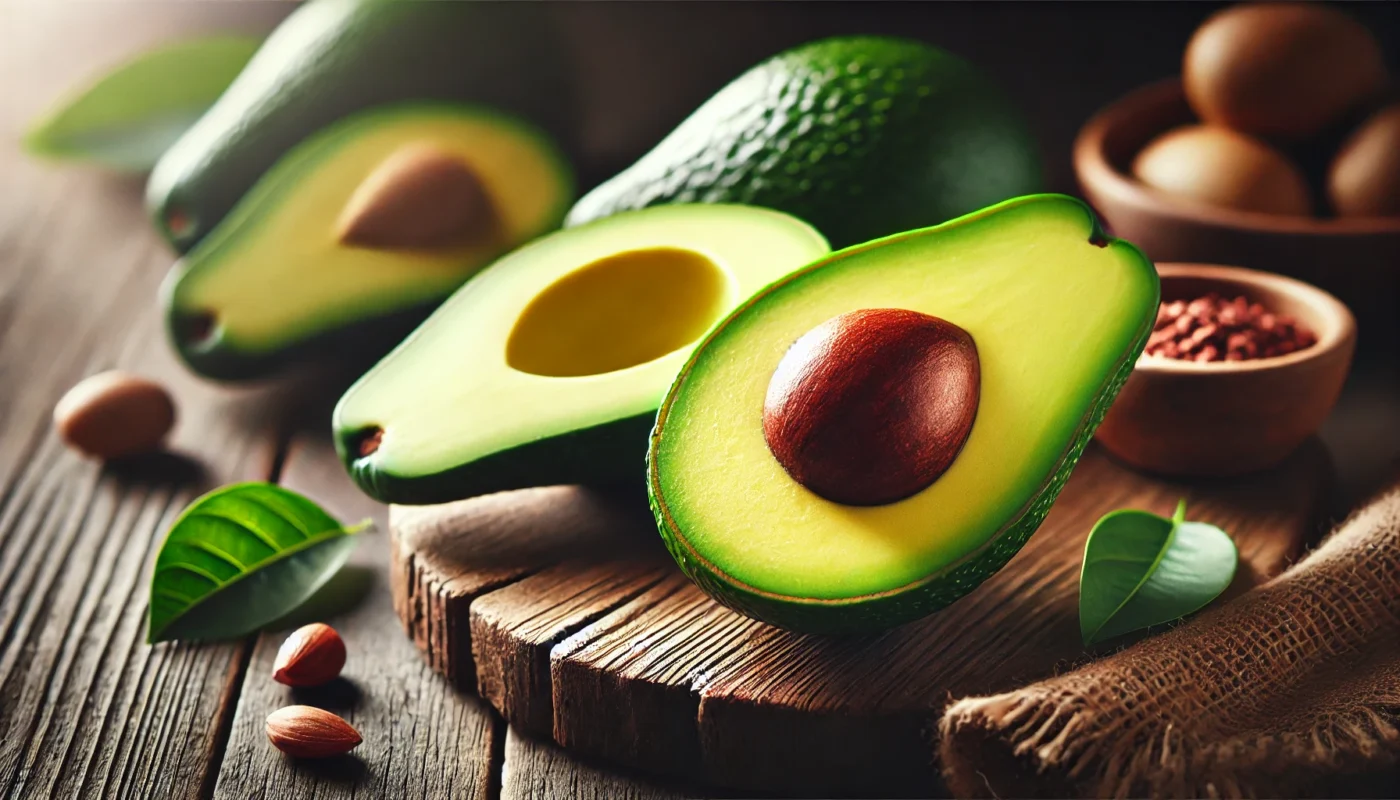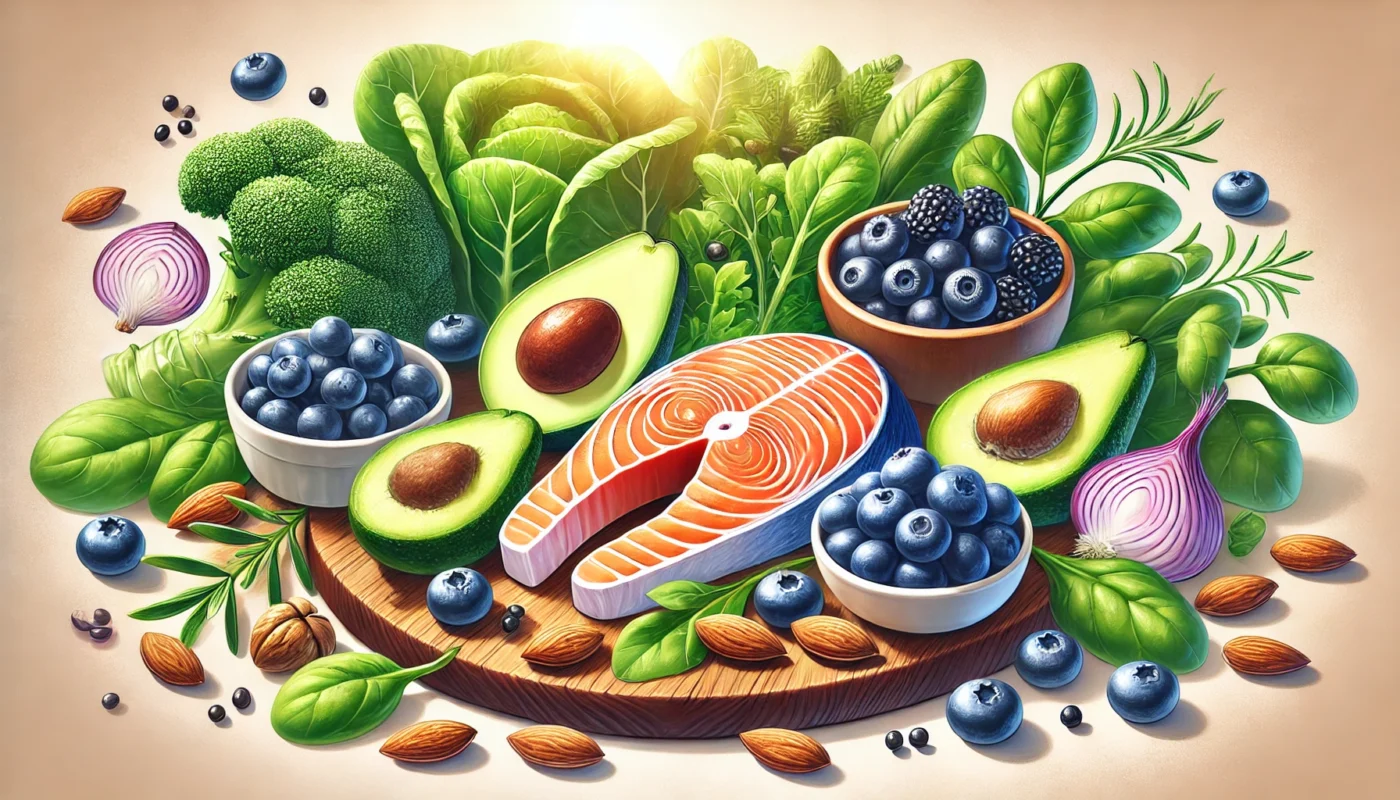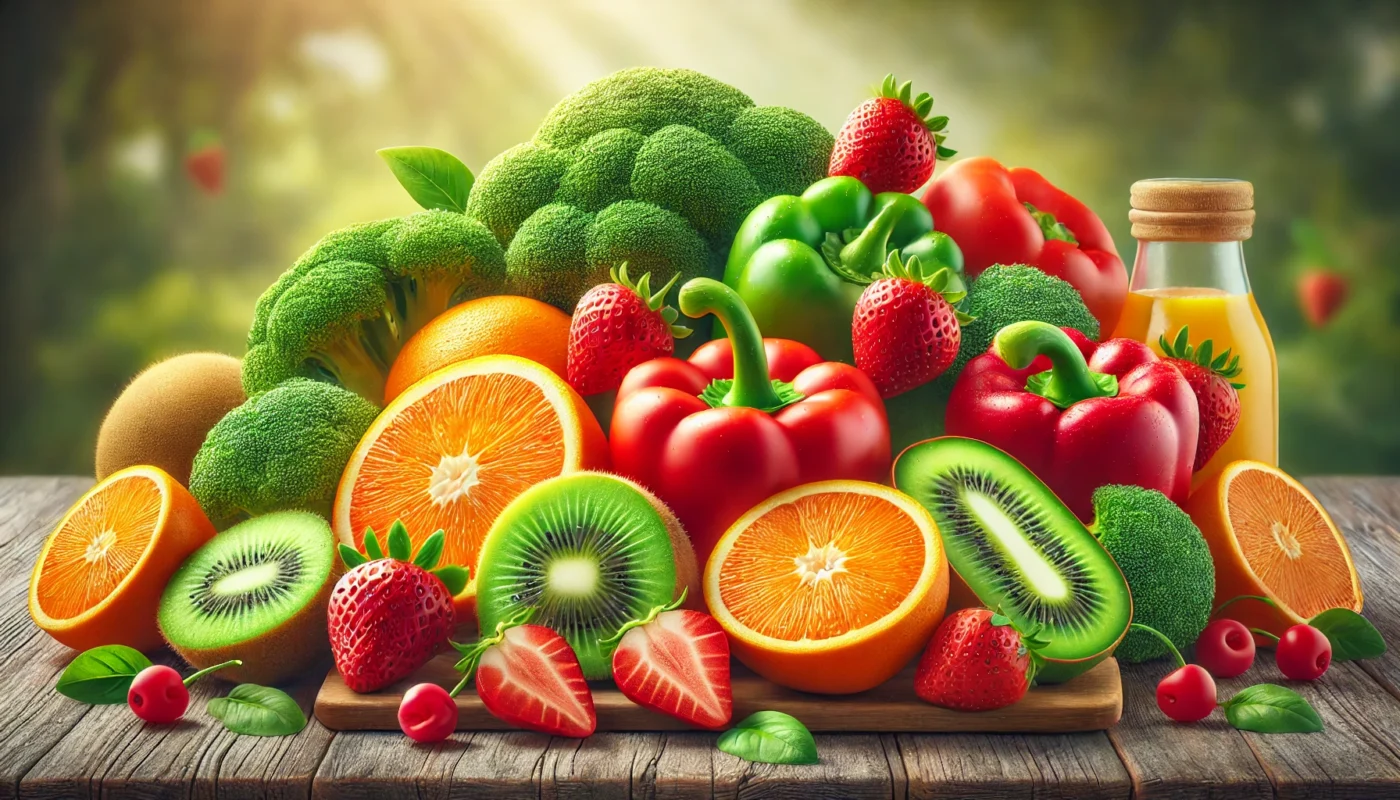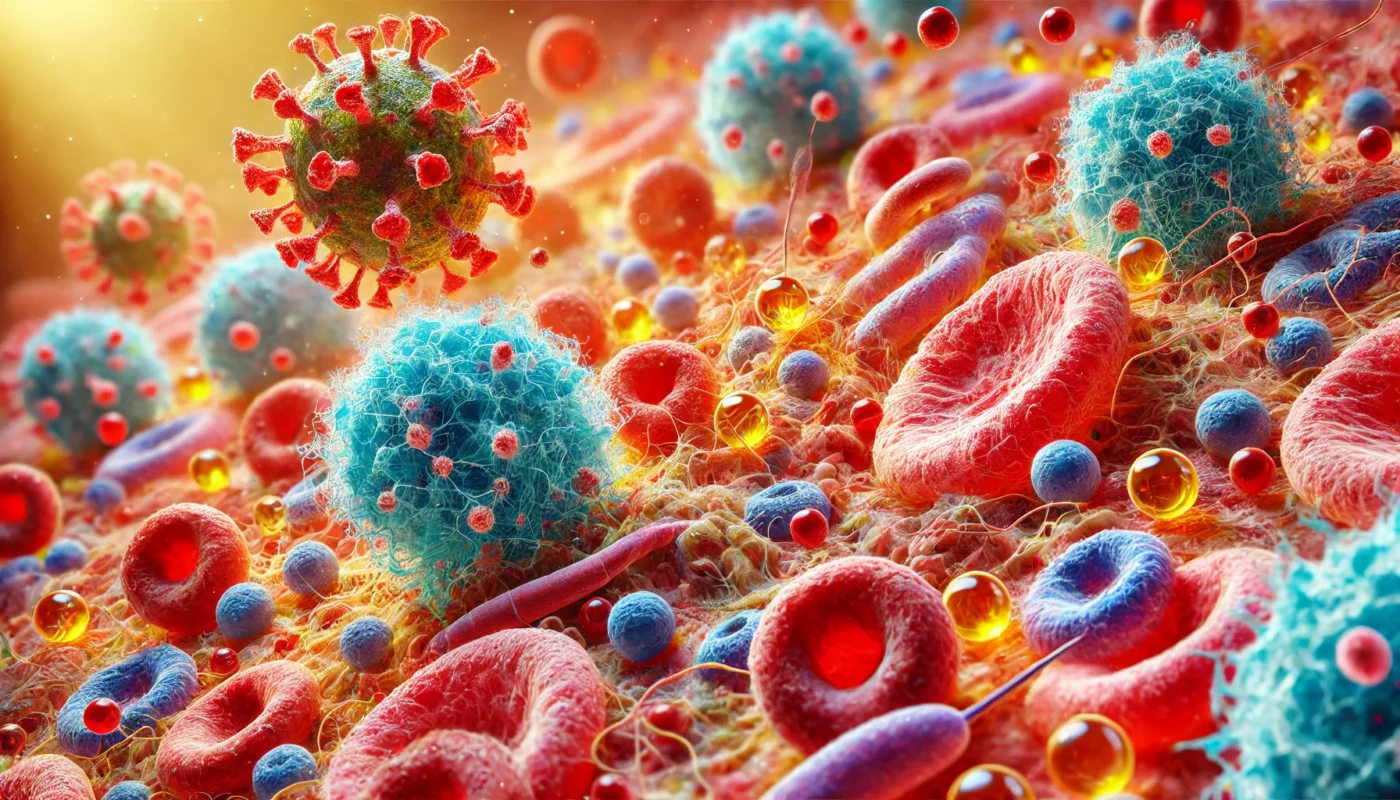Joints are the connections between bones that allow for movement and provide mechanical support. Ligaments are the fibrous connective tissues that link bones together at the joints. Both are pivotal in maintaining physical functionality. When joints are not healthy, it leads to discomfort, pain, and even debilitating conditions such as arthritis.
Tag Archives: Antioxidants
Before diving into solutions, it’s essential to understand what joint inflammation is. Joint inflammation, or arthralgia, is characterized by swelling, pain, and stiffness in the joints. It can result from various causes, including autoimmune disorders, injuries, or general wear and tear of the joints.
Avocados are often celebrated for their multitude of health benefits, from being heart-healthy to supporting weight management, but one of their lesser-known uses is in alleviating joint pain, particularly that induced by alcohol consumption. This article delves deep into how avocado seeds, which are frequently discarded as waste, can be harnessed for their potential anti-inflammatory properties. We will critically examine the scientific research surrounding this topic and provide practical advice on how to incorporate this holistic remedy into your wellness routine, aiming to improve joint health and overall well-being.
The skin, being the largest organ of the body, requires a diverse array of nutrients to maintain its structural integrity and functional properties. A balanced diet rich in specific vitamins, minerals, and antioxidants is crucial for skin health, influencing everything from elasticity to the skin’s natural glow.
Vitamin E is often lauded for its antioxidant properties, which can help protect skin cells from damage caused by free radicals. These properties make it a popular ingredient in skincare products aimed at improving skin appearance and health. But how does it play a role in scar healing? The scientific community has had mixed views on the effectiveness of vitamin E for scars, though many users swear by its benefits.
Vitamin C, also known as ascorbic acid, is a water-soluble vitamin essential for various bodily functions. One of its key roles is in the synthesis of collagen, a protein that is vital for the structural integrity of skin, cartilage, and bones. During the wound healing process, vitamin C becomes particularly important.
Before delving into techniques, it’s important to understand the science of focus. Concentration is the mental effort you direct toward whatever you’re working on or learning at the moment. It’s akin to a spotlight that illuminates specific aspects of your environment while keeping other parts dimmed.
The body’s healing process is a marvel of nature, involving a complex interplay of cells, tissues, and nutrients. After surgery or injury, your body requires additional support to repair itself efficiently and effectively. Understanding the role that vitamins play in this process can help you optimize your recovery and ensure that you’re giving your body the best chance to heal.
In this article, we delve into the vitamins that are crucial in promoting healing, explore the best foods to consume post-surgery, and provide practical advice on creating a diet that supports your body’s recovery journey.
Vitamins are organic compounds that are vital for maintaining health. They act as co-factors in various biochemical reactions, supporting processes such as cell growth, immune function, and tissue repair. When it comes to wound healing, certain vitamins stand out for their ability to enhance recovery.
At its core, inflammation is the body’s natural response to harm, whether from infection, injury, or foreign bodies. The inflammatory response is a protective mechanism aimed at eliminating the initial cause of cell injury, clearing out damaged cells, and establishing a healing environment.

